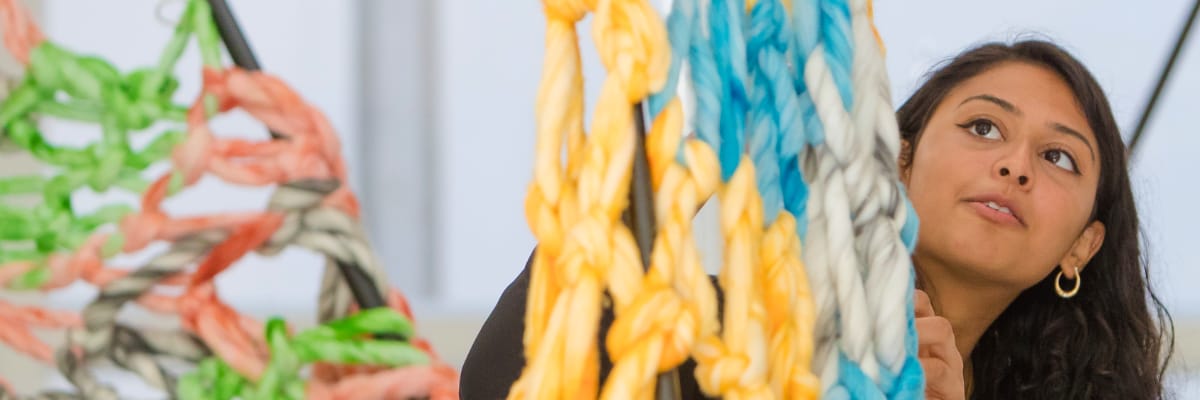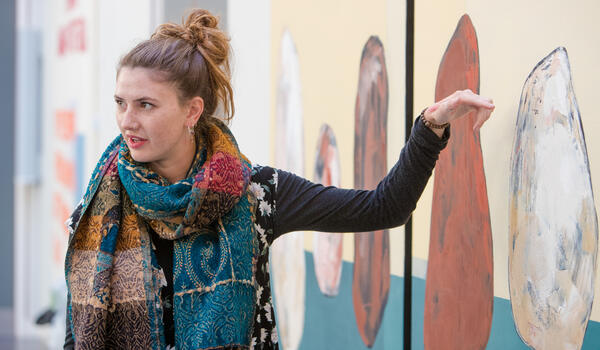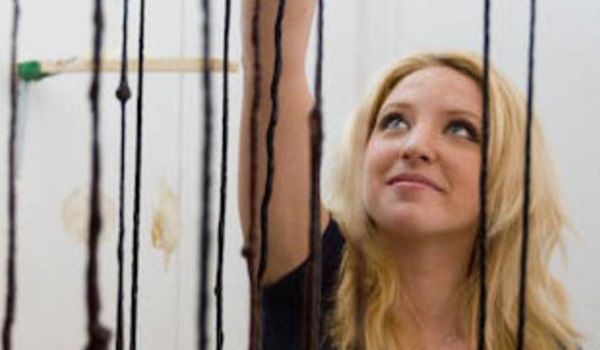Introduction
The Fine Art degree at Lancaster is founded on an innovative and ambitious studio culture, providing support for a diverse range of approaches. Our aim from the beginning of your studies is to support your creative aspirations and ambitions. We produce informed practitioners - artists knowledgeable about contemporary art and ideas, and clear and determined in their aims and goals. We do this through the integration of studio practice, art history, theory and professional practice. This combination equips you with the skills needed throughout your career, whether you continue as an artist, curator, academic or as a professional in the wider art economy.
Students follow courses that mix cutting-edge contemporary research with studio and lab-based artwork. Painting, drawing, sculpture, installation, digital art, live art, and sound art may be pursued singly or together as an interdisciplinary practice.
Art maintains high standards of provision and resources. From the first day of the degree, all students have a dedicated space with 24/7 access. Our purpose-built studios include AV seminar facilities, digital art lab and installation space, a fully equipped wood/metal workshop and a life-room. All staff members are active researchers, either as artists or writers, publishing and exhibiting their work nationally and internationally.

.svg)


